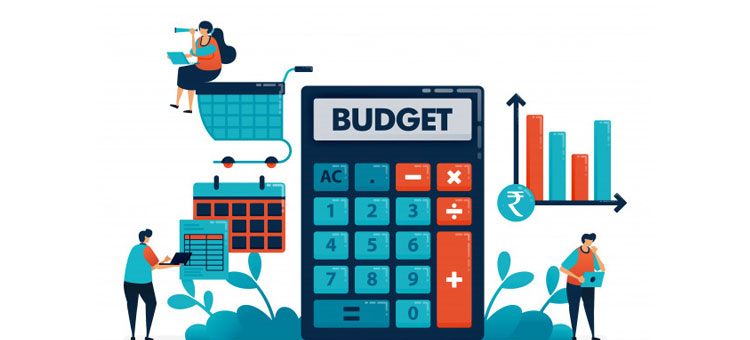The Union Budget 2020 will be presented on February 1 amidst a sluggish economy and humiliating downgrade by IMF. Governments and ministers have time and again proclaimed tourism as an economic multiplier for India. However, budgetary allocation towards developing tourism-specific infrastructure and tax reliefs to promote travel make all the sound bytes look like mere lip service!
For at least a decade now, the industry has been demanding infrastructure status for the hotel sector and export status for tourism business as a whole. Since the GST regime has been established, the cost of construction has gone up by 8-10 per cent as the entire civil structure is being treated as an immovable property. Hoteliers are hoping to get the option to claim the input tax credit on GST for this. Outbound travel agents are already losing business as customers are booking holidays directly with foreign agents to avoid the GST. Tour operators complain that GST for outbound travel is like double taxation as customers anyway pay taxes at the destination. Tourism is the third-largest earner in terms of foreign exchange for India, yet the export status evades it!
Another key expectation from this budget is clarity on the issue of Air Travel Agent being subjected to Tax Collection at Source. The amendment of the proviso to section 16(2) in claiming input tax credit on the tax charged by the airline will help in providing for the specific scenario of payment made by corporates or registered passengers to a travel operator.
Lack of quality infrastructure and poor connectivity pose a challenge to domestic tourism, especially in the North East. Creation of new travel circuits in the North East will open up a window of opportunity for the tourism sector that is still under-tapped. Concerted efforts from airlines to operate these routes along with lower GST rates on hotels will help boost increased traffic to the region.
Reduction in personal income tax rates and Capital Gains Tax will place more money in the hands of customers which will accelerate the growth of travel. Only then the PM’s Independence Day wish that every Indian visit 15 domestic tourist destinations by 2022 will become a reality. Not to forget, the critical need to create basic infrastructure like roads, accommodation and sanitation, and last-mile connectivity in many of these destinations.
The government’s recent proposal to enhance curbs on the purchase of duty-free liquor and stop duty-free sale of tobacco products is shocking. Duty-free shops contribute 15-20 per cent of non-aeronautical revenue at airports. Sale of liquor and tobacco products make up 70-75 per cent of total duty-free revenue. The proposal if approved will cripple the aviation industry, upset the financial viability of privatized airports and leave no money for AAI to invest in airport upgradation and improve regional connectivity.
What can we really expect from the Union Budget, if this is how decision-makers think? Another disappointing budget which we will all praise because we are scared!!!





